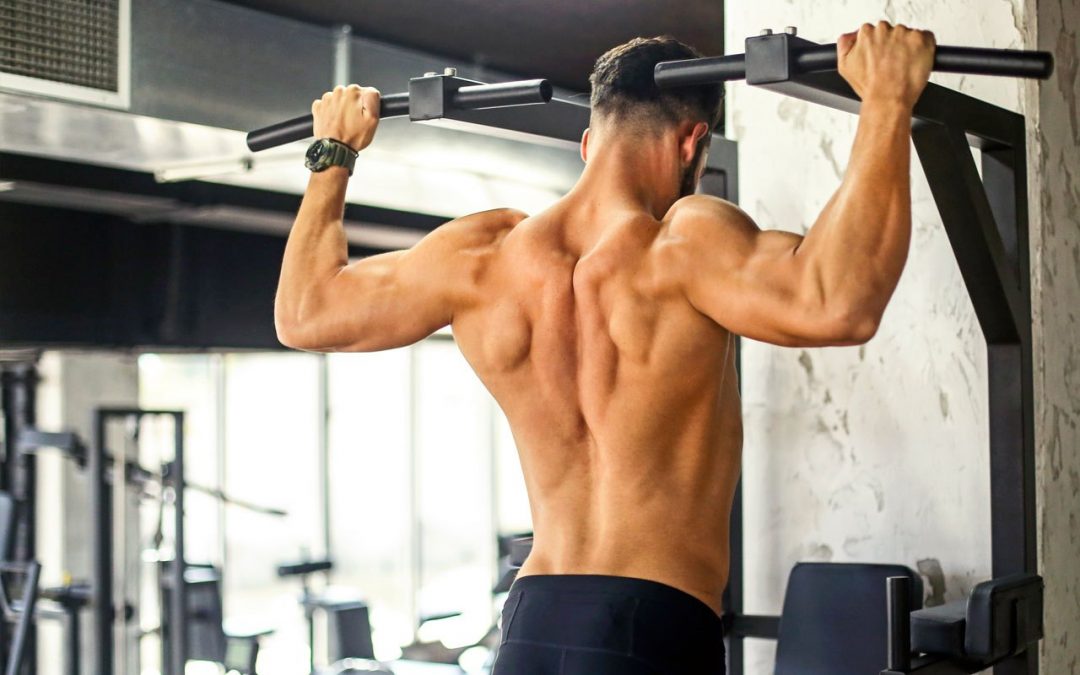When people think of perfect shoulders, they envision a well-defined anatomical structure with symmetry but in reality, this isn’t always the case. For those who work out, many of us believe we are training correctly but understanding the foundations of kinesiology is crucial to achieving this.
What is the solution?
Directing focus on developing your rear deltoid muscles and external rotator cuff muscles(Infraspinatus and teres minor) are an essential start. Introducing therabands, cables, isometric contractions and free weights are a great way to begin. You will notice this will not only manage/prevent your shoulder problem, but also naturally reposition your posture to be erect.
What if my range is limited and I can’t externally rotate my shoulders or pull them backwards?
The key to remedying this situation is frequently seen as overactive pectoralis, subscapularis and coracobrachialis muscles. A quick and easy way to release the general muscles are through stretching.

